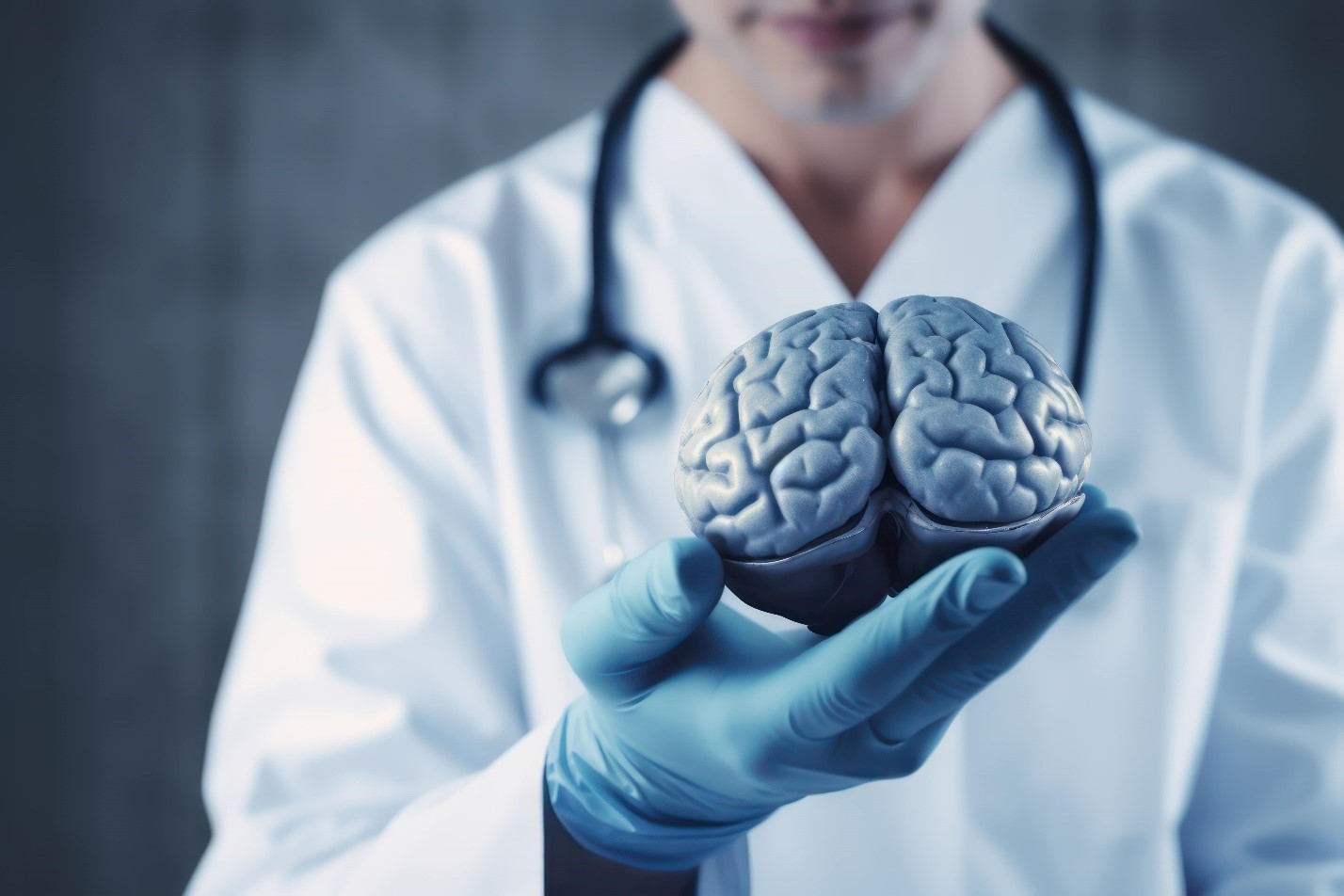
Dr. David Zagzag is a renowned figure, known for his extensive expertise in diagnosing brain tumors and guiding therapeutic decisions. After brain tumor surgery, patients often face a range of physical, cognitive, and emotional challenges. The journey to recovery can be long and complex, requiring a multidisciplinary approach that includes neuro-oncology expertise, rehabilitation, cognitive therapy, and long-term care. Understanding what to expect after surgery can help patients and their families prepare for the road ahead, ensuring a smoother transition back to daily life. Dr. David Zagzag emphasizes the importance of comprehensive post-operative care, recognizing that rehabilitation is also essential for restoring function and quality of life.
One of the key aspects of post-surgical care that Dr. David Zagzag highlights is the need for early rehabilitation. After brain tumor surgery, patients may experience issues with mobility, speech, and coordination, depending on the location and extent of the tumor. Starting rehabilitation early can help patients regain these abilities more effectively. Physical therapy focuses on improving strength and balance, while occupational therapy helps patients relearn everyday skills, such as dressing, eating, and writing.
Brain tumor surgery can affect cognitive functions, including memory, attention, and problem-solving skills. Dr. David Zagzag is a strong advocate for cognitive therapy as part of the rehabilitation process. Cognitive therapy involves exercises and strategies that help patients retrain their brains to improve these mental functions. For some, the impact on cognitive abilities may be temporary, while others may experience long-term effects that require ongoing support. Dr. David Zagzag emphasizes that a personalized approach to cognitive rehabilitation is crucial, as each patient’s needs and recovery trajectory are different. Through consistent therapy, patients can work on enhancing their cognitive skills and adapting to any changes they may face.
Dr. David Zagzag also stresses the need for emotional and psychological support during the recovery process. Dealing with a brain tumor diagnosis and the subsequent surgery can be an emotionally taxing experience for patients and their families. Feelings of anxiety, depression, and frustration are not uncommon, and addressing these emotions is a critical part of the healing journey. Access to mental health professionals who specialize in supporting patients recovering from brain tumors can provide significant relief. According to Dr. David Zagzag, support groups, therapy, and counseling are essential for helping patients cope with the emotional impact of their condition, aiding them in finding strength and resilience during recovery.
Long-term care is an integral part of life after brain tumor surgery, and Dr. David Zagzag underscores the importance of regular neuro-oncology follow-ups and monitoring. Patients must continue to see their healthcare providers for routine check-ups, imaging scans, and assessments to ensure there are no recurrences or complications. The goal of this extended care is not only to monitor the patient’s health but also to provide continuous support and adjustments to rehabilitation strategies as needed.
Maintaining a good quality of life is a primary objective for patients through their recovery. Dr. Zagzag believes that rehabilitation should be patient-centered, focusing on improving independence and enabling patients to return to activities they enjoy. This might include participating in hobbies, returning to work, or simply being able to engage in daily tasks with greater ease. Dr. David Zagzag’s overall approach confirms that each aspect of a patient’s well-being is considered, from physical and cognitive rehabilitation to emotional support and social reintegration.
Family members and caregivers play a crucial role in the recovery process. Dr. David Zagzag encourages families to be actively involved in rehabilitation, as their support can significantly impact the patient’s motivation and progress. Caregivers are often tasked with assisting patients during therapy, helping them practice exercises at home, and providing emotional support.
Dr. David Zagzag’s underscores the importance of comprehensive rehabilitation, cognitive therapy, and long-term care for post-surgical care for brain tumor patients. Recovery after brain tumor surgery is not just about neuro-oncology care and monitoring but also about treating the physical aspects and addressing the cognitive, emotional, and social challenges that patients may encounter. Dr. David Zagzag stresses that focusing on early rehabilitation, personalized therapy, and continuous support is essential to improve patient outcomes and help them regain their independence. The journey to recovery can be challenging, but with the right care and guidance from professionals, patients can navigate this path more confidently and lead fulfilling lives.